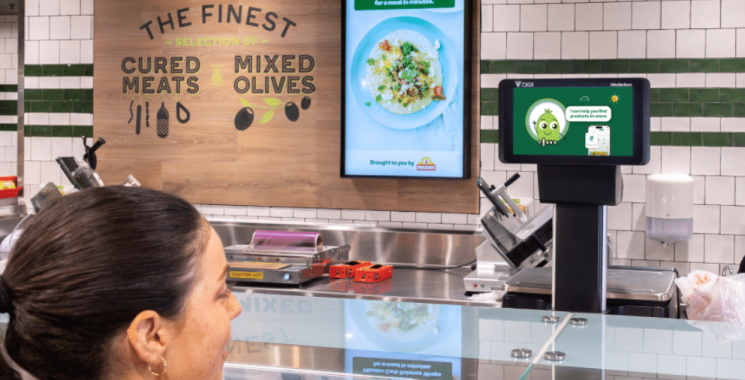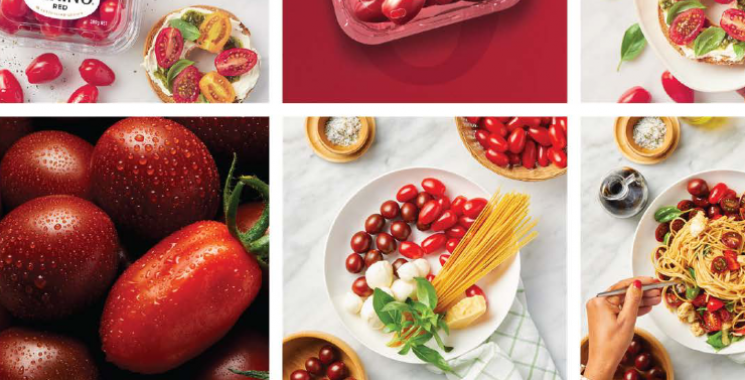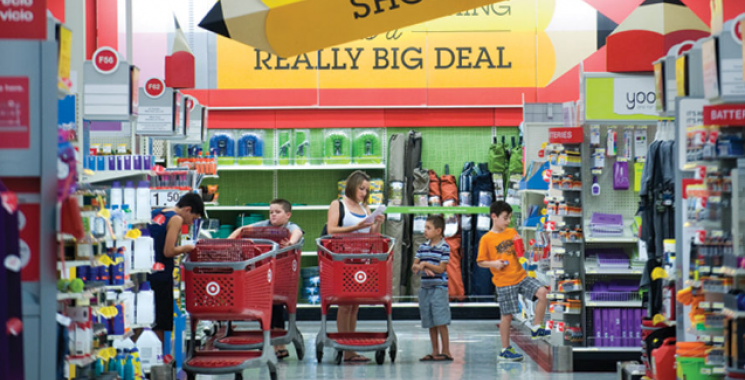
Research Reveals a Rise in Private Labels Amid Shifting Consumer Priorities
New research finds 95% of Australians may embrace store-brand products
While conscious consumerism and mindful shopping continue to thrive in Australia, rising daily costs may have reignited a newfound fondness for private-label brands. Recent research conducted by YouGov and commissioned by ShopFully reveals that an overwhelming 95% of Australians are open to choosing store-brand, private-label products when grocery shopping - with cost the primary factor (68%). However, consumer perception or preference has also shifted, with many indicating they could be encouraged to purchase these products if they believe the quality matches (63%) or even if taste exceeds other well-known options (43%).
"As Aussies remain committed to keeping grocery costs in check, private-label brands are stepping up to meet these needs," said Brendan Straw, ShopFully's Country Manager for Australia. "It's not just the price point that's captivating consumers; private-label producers are excelling at offering high-quality products that appeal to value-conscious shoppers, while also addressing the preferences of Australia's health-focused and ethically minded consumers."
Aside from those budgeting, private-label brands are appealing to the health-minded, with more than two in five (43%) Australians saying they could gravitate towards store-brand options that feature clear ingredients and nutritional labelling, while 30% say they might be drawn to those offering organic or healthier choices. Ethical or sustainable practices may further drive these preferences, with 26% of Australians prioritising these values in their purchasing decisions.
Convenience may also be a factor, with nearly a quarter (23%) revealing they could be encouraged to purchase from private-label brands if these simplified the decision-making process.
Generational differences also emerge when it comes to this trend. Older Australians, such as Gen X and Baby Boomers, are more likely to agree they could be encouraged to purchase private-label products if they cost less (77% respectively, compared to Gen Z (56%) and Millennials (59%) or if the quality matches well-known brands (68% and 71% respectively) - compared to Gen Z (55%) and Millennials (55%).
Whereas Gen Z (32%), are much more likely to be influenced by factors like appealing packaging, in contrast to Gen X (19%) and Baby Boomers (10%).
Essential Grocery Shopping Behaviours
Routine household purchases such as eggs, milk and bread are also being reconsidered by many Australian grocery shoppers, with over three in five (62%) considering cost when selecting these items. This is even greater when it comes to more nutritional items such as fruit and vegetables, with almost seven in ten Aussie grocery shoppers (68%) purchasing produce based on the most competitive price.
Still, the data reveals Australians are mindful grocery shoppers, with a third (34%) motivated by sustainability when purchasing food staples. Generationally, Millennials are leading this trend, most interested in sustainably sourced staples (49%), followed by Gen Z (41%). However, this is less of a priority for the older generations, such as Gen X (24%) and Baby Boomers (25%).
"Essential grocery items like milk, bread, and fresh produce are at the heart of every household's shopping list, so it's no surprise that cost has become a critical factor in these decisions, especially as living expenses remain high. Yet, Aussies won't waver on quality, putting pressure on retailers to offer competitive prices and value-driven options," said Brendan.
Health & Dietary Shopping Behaviours
While many Australian grocery shoppers embrace a more holistic lifestyle, we know finances remain a high priority, with more than a third (36%) purchasing fewer dietary-specific foods (e.g. plant-based or 'free-from' products) due to cost.
Interestingly, however, the data reveals a growing community of dietary-specific consumers, with 35% of Australian grocery shoppers selecting food staples based on dietary preferences, such as gluten- or lactose-free alternatives. This is most seen with Millennials, with an impressive 50% purchasing staples based on dietary motives. Overall, younger Australian grocery shoppers, such as Millennials (40%) and Gen Z (35%) are most likely to opt for alternative options like plant-based and 'free-from' products.
Households with children under 18 are behaving especially cost-conscious, often purchasing fewer dietary-specific items due to price. Yet, parents are more likely to choose alternative products for dietary needs - likely to accommodate their children - with 38% doing so compared to 20% of households without children.
About ShopFully:
ShopFully is the international tech company leader in Drive to Store that connects millions of shoppers with the local stores around them. The company, which joined MEDIA Central Group in 2023, is now a partner to over 500 top retailers and brands in 25 countries, operating with a team of over 450 individuals focused on Digital Retail. With its proprietary marketplaces, its global network of premium publishers and digital platforms and its tech solutions, including its own hyperlocal technology based on artificial intelligence, ShopFully reaches 200 million users globally.
About the Research:
This study was conducted online between 25 - 27 November 2024 by YouGov. The sample comprised of a nationally representative sample of 1,007 Australians aged 18 years and older. Following the completion of interviewing, the data was weighted by age, gender and region to reflect the latest ABS population estimates.











